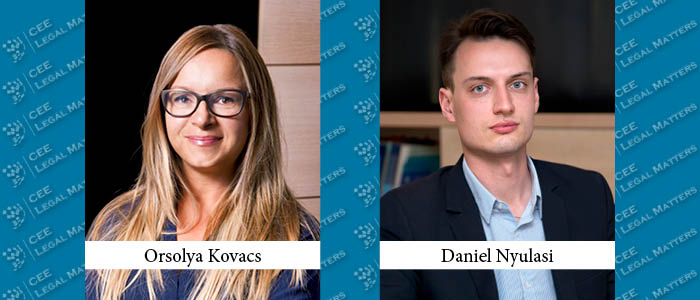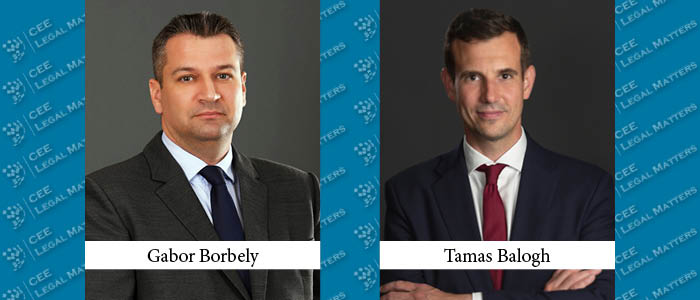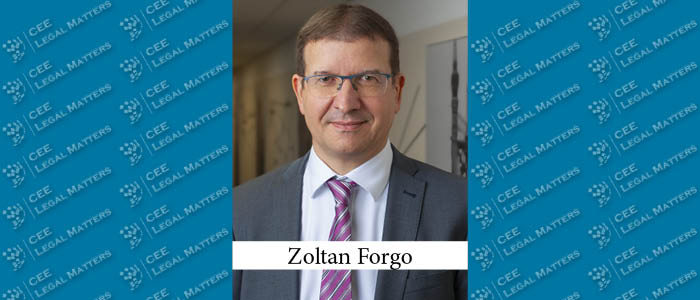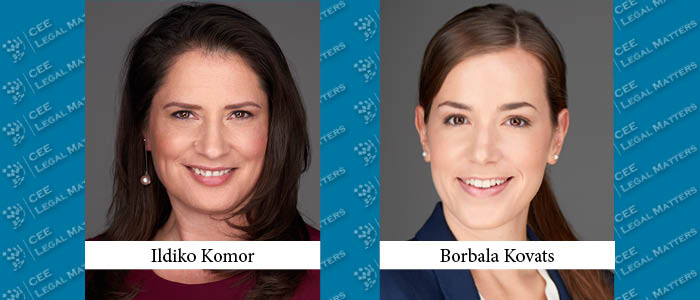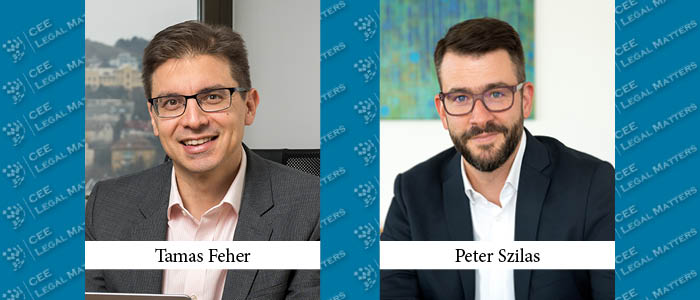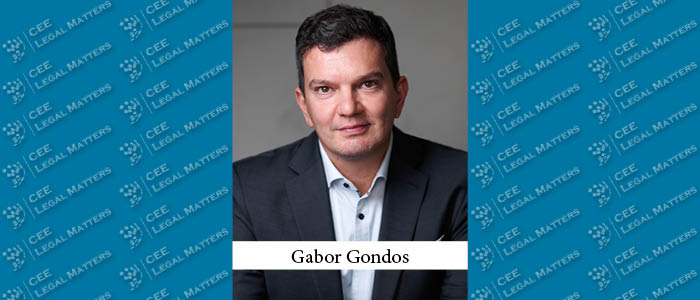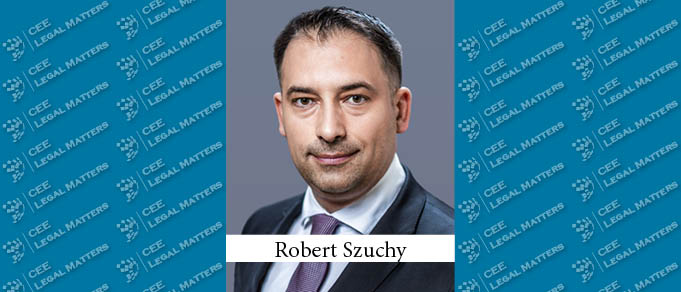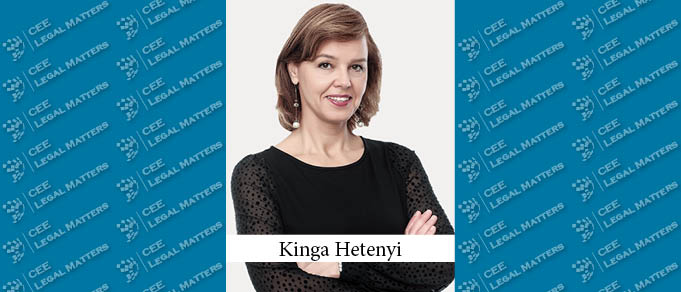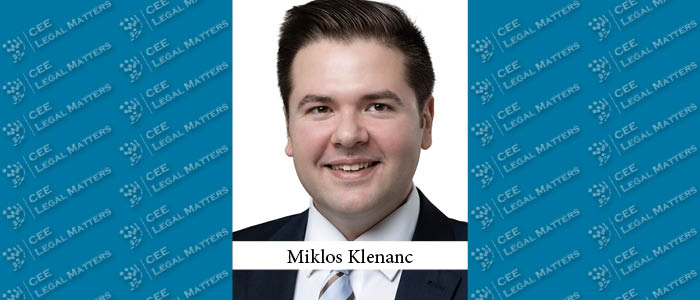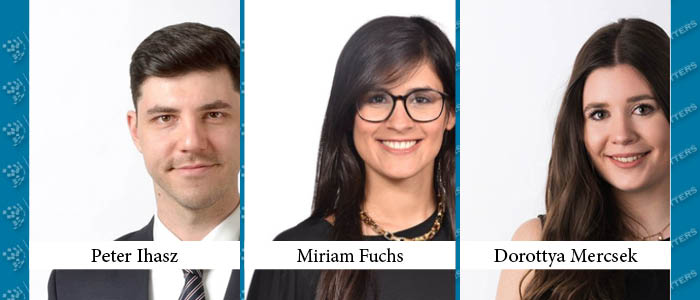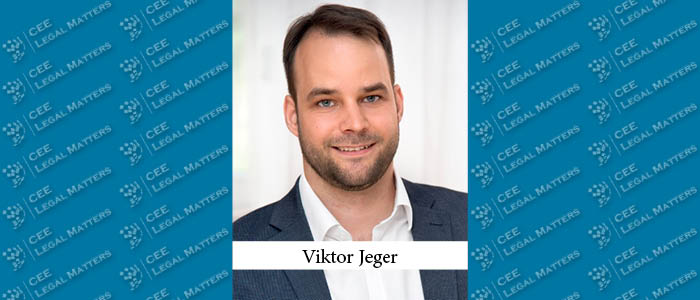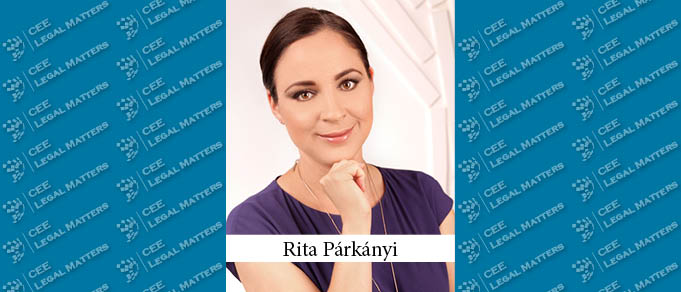Noerr has announced it is taking "a new direction in its business in the markets of Central and Eastern Europe," with its Czech, Hungarian, Romanian, and Slovak offices to be transferred to Kinstellar.
News in the Solar Power Plant Market
The solar power plant market in Hungary became very active lately and it is expected to grow further still. Transactions in this market require more due diligence than, for example, the sale of a business property, and it seems that as of this January, foreign investors will need to consider this further aspect simultaneously when making a business decision on a solar market transaction.
Hungary Encourages ESG Reporting to Improve Global Competitiveness of Local Enterprises
Hungary recently adopted the so-called “ESG Act” (Act CVIII of 2023) relating to corporate social responsibility, taking into account environmental, social, and governance aspects, in order to promote sustainable financing and unified corporate responsibility. The act will gradually enter into force for different players within three years but, in general, is applicable as of January 1, 2024. The act is a framework regulation and further detailed rules are to be set out in government decrees yet to be issued to give greater clarity to market participants.
Navigating Complexity: Mixed-Use Real Estate Development in Hungary
Hungary’s real estate market has undergone a notable transformation in response to recent economic shocks – war, soaring energy prices, sharp interest rate hikes, and high inflation rates. Initially taking a cautious wait-and-see approach, market players have now shifted toward a more proactive approach, navigating the complex economic environment through innovative strategies. Among these strategies, mixed-use developments have gained traction. They’re seen as resilient to market turbulence but also provide innovative development opportunities and new ways for urban transformation.
Current Trends in the Hungarian M&A Market
I looked at M&A transactions in the last years using publicly available sources, our own transactions, and information provided by corporate finance advisory partners. I found that in 37% of the cases, purchasers came from Western Europe, in 37% from Hungary (private companies or the Hungarian state), and in 11% from investors in the CEE, while transactions where the purchasers were of US or Asian origin were negligible (US 3%, Asia 4%).
Redesigning – Changes in IP Designs in Hungary
Important changes entered into force as of January 1, 2024, in the world of designs. As a result, it will be easier, faster, and cheaper to obtain IP design protection in Hungary.
Hungary’s Legal Landscape: Navigating Peaks and Valleys in Litigation Trends
Hungary’s litigation landscape was shaped by the economic trends, domestic legal reforms, and global crises of the past 10-15 years. From the 2008 economic crisis to the implementation of the new Civil Procedure Code in 2018 and the transformative effects of the COVID-19 pandemic, it has been a rollercoaster ride.
Adapting to New Trends in the Labor Market
The waves of the COVID-19 pandemic, although hitting the population quite hard, served as an impetus for employees seeking refuge in home office.
The Spectrum of Hydrogen: Unravelling the Meanings Behind Its Colors
In the burgeoning landscape of alternative energy, hydrogen emerges as a beacon of hope, championing the transition toward a cleaner, more sustainable future. However, not all hydrogen is created equal, and the color code attributed to its production process not only paints a picture of its environmental footprint but also hints at the broader implications for our global energy matrix. This article delves into the colorful world of hydrogen, exploring the significance and implications of its diverse hues.
Hungarian Webshops to Offer Delivery by Hungarian Post
From 28 March 2024, businesses operating in Hungary will be required to offer services by the state-owned enterprise Hungarian Post ("Magyar Posta") as a delivery option for consumers using their online stores. The text of the new provision is concise and has raised several questions.
Did You Know: Q1 Leaderboards and DOTY Awards
Did you know that the CEE Q1 leaderboards are available through the Activity Rankings function of the CEELMDirect website?
Miklos Klenanc Joins Schoenherr To Lead Budapest M&A Practice
Miklos Klenanc – a former Attorney at Law with PwC Legal in Hungary – has joined the Budapest office of Schoenherr as a Senior Attorney at Law to lead the firm's local M&A practice.
Recent Changes in Hungarian E-Commerce and Consumer Protection Regulations
Since early 2024, Hungarian legislative efforts have brought about several updates to consumer protection regulations. Ranging from novelties in consumer complaints and related processes, increased consumer protections fines, expanded rights of the consumer protection and competition authority to an unexpected obligation imposed on e-commerce providers to include the local postal delivery provider as a delivery option, changes to the sector have been diverse.
Schoenherr Advises MET on Purchasing 52 Hectares in Kaba
Schoenherr has advised Switzerland-based MET Group subsidiary Oberon Solar Park on its acquisition of 52 hectares of land in Kaba, eastern Hungary. Sole practitioner Zsolt Gaal reportedly advised an undisclosed agricultural entrepreneur on the sale.
Viktor Jeger Moves to Lakatos Koves & Partners
Former Nagy & Trocsanyi Partner Viktor Jeger has joined the Lakatos Koves & Partners Dispute Resolution team.
Hungarian Legislation Reform Related to Centralised Procurement for Institutional Pharmacies
The governmental decree published on 22 February (No. 33/2024 (II. 22.)) sets forth the establishment of a new project company to manage the provision of inpatient pharmaceuticals in all public hospitals, as well as those private hospitals that choose to join the initiative. The Decree is a follow up to the amendments in the Medicines Thrift Act (Act XCVIII of 2006) from July 2023, which stipulated the basic conditions for a “unified institutional pharmacy service” for public hospitals. The project company shall be operational from January 2025.
Hungary Takes a Look at AI: A Buzz Interview with Rita Parkanyi of KCG Partners
New technologies, spearheaded by artificial intelligence, are shaping the legal dialogue surrounding innovation, consumer protection, and the integrity of market competition within Hungary and the European Union as a whole according to KCG Partners Founding Partner Rita Parkanyi.
Herbst Kinsky and Schoenherr Advise on Swisspor Acquisition of Creaton Polska, Creaton SEE, and Creaton Steildach
Herbst Kinsky, working with Orrick, has advised the Terreal Group and its main shareholders on the antitrust aspects of the full sale of its businesses in Poland, Hungary, and Austria to Swisspor. Schoenherr advised Swisspor Holding on the acquisition.


